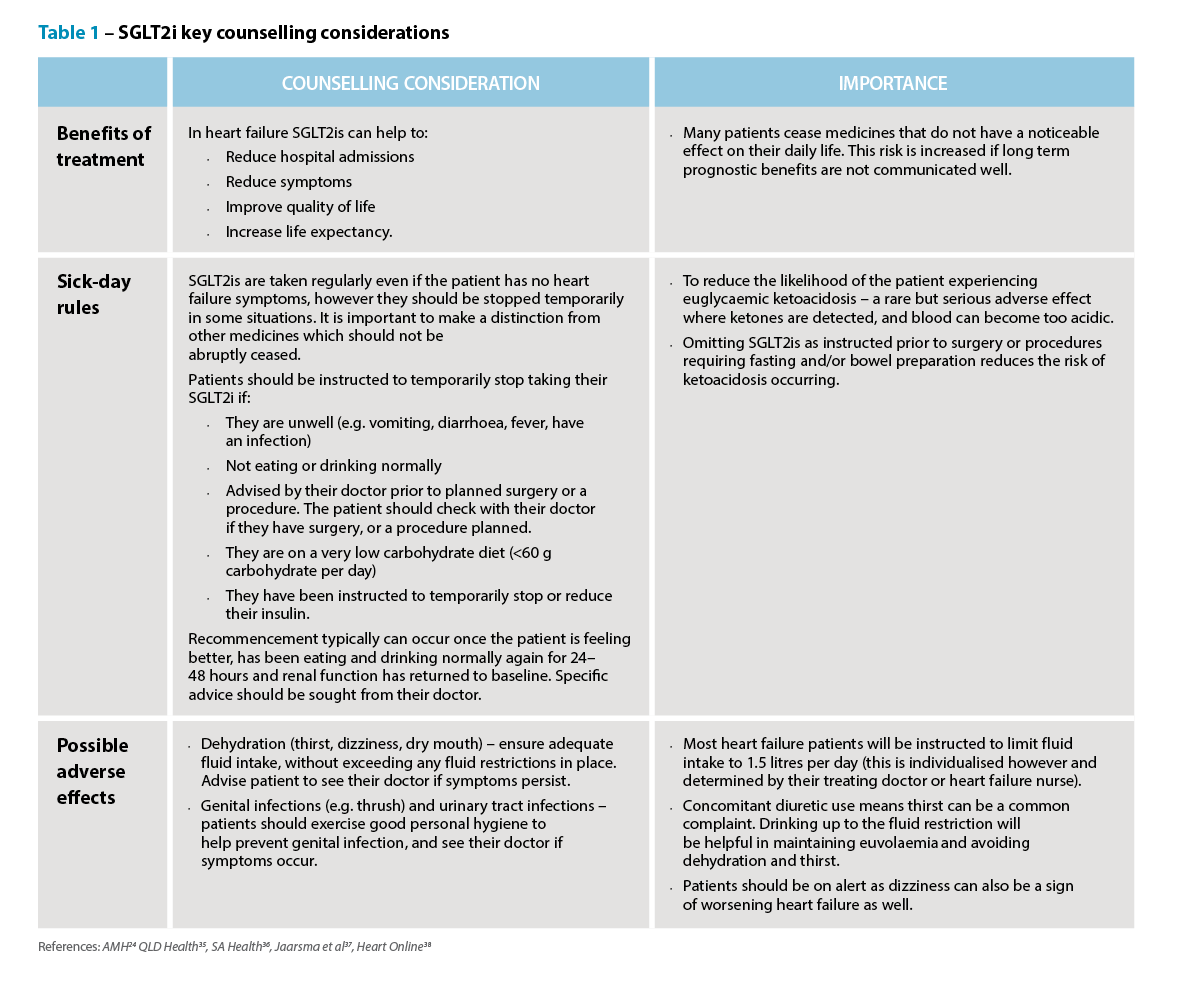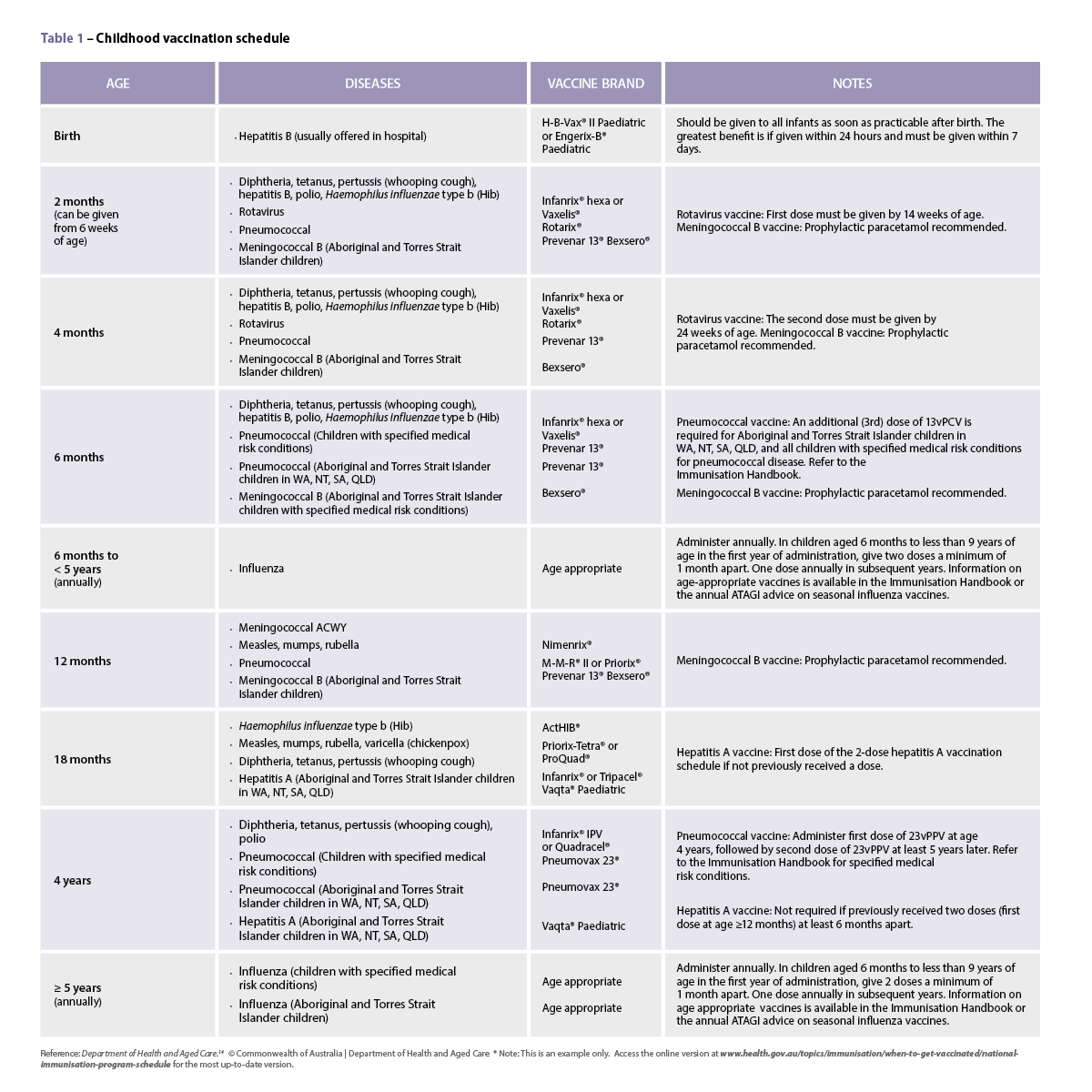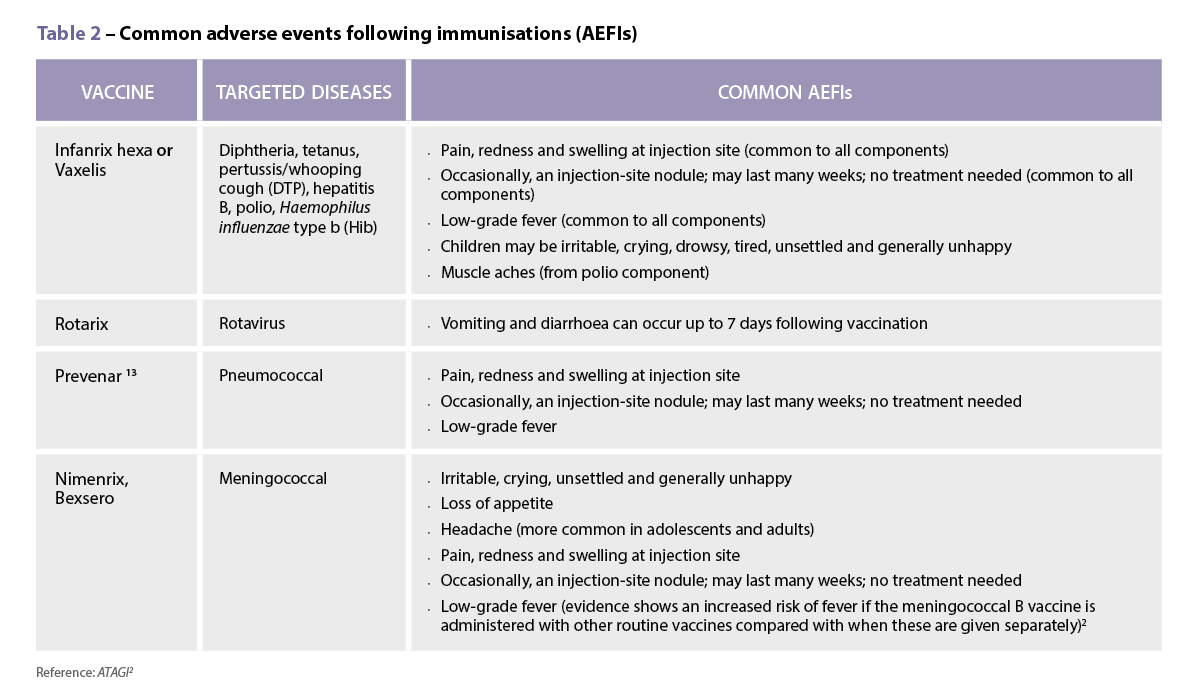PSA has long advocated for nationally consistent vaccine regulations, allowing pharmacist immunisers in all practice settings to be able to administer all vaccines to patients of all ages.
With South Australia recently becoming the first jurisdiction to authorise and administer all vaccines to all patients, will other jurisdictions follow suit?
Australian Pharmacist investigates what this means for South Australian pharmacists, patients and our national approach to vaccination.
Pharmacists can now self-determine their scope of practice
In South Australia, pharmacists were previously authorised to administer vaccines under the Vaccine Administration Code (VAC), which wasn’t fit for purpose for pharmacists operating outside public health settings, said PSA SA/NT State Manager Helen Stone MPS.
‘The VAC had been initially formulated for nurse immunisers, with pharmacists included in 2015 to enable us to provide influenza vaccines in South Australia,’ she said. ‘But it became obvious during the pandemic that it wasn’t fit for purpose.’
The recent legislation change includes a removal of pharmacists from the VAC, allowing trained pharmacists to continue to have authority to both administer the vaccines they provided under the VAC along with additional vaccines.

This means pharmacist immunisers in South Australia can now administer all vaccines included in the Australian Immunisation Handbook (AIH), or as determined by the Minister.
With these barriers now removed, pharmacists can now self-determine their vaccination scope of practice, said Chris Campbell MPS, PSA General Manager Policy and Program Delivery.
‘Pharmacists are required to plan their annual professional development, and PSA recommends an annual update with our annual refresher courses,’ he said.
‘The responsibility now is on pharmacists, as it is for all immunisers, to start to close the gap on our immunisation rates, particularly for the most vulnerable.’
Unnecessary admin will be removed
Beyond widening the variety of vaccines pharmacists can administer and to whom, the legislation change will also help to reduce the duplication of administration work for pharmacists, said Ms Stone.
‘To be able to offer vaccination services in South Australia, pharmacists previously had to file a lot of paperwork,’ she said.
This included registering a pharmacy as an approved organisation and updating this information to the Pharmacy Regulation Authority SA (PRASA) as well as the Communicable Disease Control Branch (CDCB).
‘Now, only PRASA registration is required to operate a pharmacy in SA, reducing administrative burden,’ said Ms Stone.
‘Pharmacists also need to register with the Vaccine Distribution Center (VDC) to place an order and access the National Immunisation Program (NIP) stock.’
Travel health and private vaccines will be the first step
By widening access to vaccines, patients in South Australia will now have the opportunity to access travel and private vaccines such as hepatitis A and B, typhoid, cholera and rabies.
Several vaccines recommended in AIH are not covered under the NIP, but that doesn’t mean they are not important – particularly for those who are travelling, said Mr Campbell.
‘We know the awareness of what vaccines patients will need when travelling to certain countries is not high,’ he said. ‘We want to make sure people know they can come to the pharmacy now in South Australia and receive the right vaccines for the area they are going to.’
However, access to NIP stock for pharmacist-administered vaccines remains restricted to patients who are 5 years and older. So while there is no longer an age limit for pharmacist- administered vaccines, out-of-pocket costs will still apply, said Ms Stone.
‘For children under 5 years, if eligible for an NIP vaccine, pharmacists might refer them on to a GP [at this stage] so they can access a funded vaccine,’ she said.
In discussions with the federal Department of Health, PSA has requested for an expansion to the funding schedule to cover all vaccines on the NIP for pharmacist administration, said Mr Campbell.
‘PSA will continue our advocacy to extend NIP access to all vaccines for all eligible people, he added.
This includes an expansion of the program to children who are under 5 years of age, which is particularly crucial with childhood vaccination rates decreasing across Australia.
More opportunities for pharmacists will open up
Combined with the recent determination in South Australia allowing pharmacists to administer medicines by injection, this opens up the potential for a full clinical service for people who need assistance with administering medicines, said Ms Stone.
‘It might be that a patient was recently discharged from hospital and they need to inject Clexane or a 6-monthly injection of denosumab, for example,’ she said.
‘There’s lots of newer medicines on the market that are injectable, and not everybody feels comfortable injecting themselves, so pharmacists might decide that they want to offer a comprehensive service around medicine administration.’
With the authority to administer all vaccines to patients of all ages, pharmacists may also benefit from a wider variety of roles – including in GP clinics and public health units.
Having pharmacists as part of a broader care team that can administer all vaccines should help to increase vaccination rates – particularly in areas where access to care is limited.
‘There are towns where the pharmacy is the only health provider, so this will be one of many new services that all pharmacists will be able to deliver to support access,’ said Mr Campbell.
But rather than focusing on pharmacists replacing other vaccine providers, broadening the legislation is designed to improve access in accordance with the ‘No Wrong Door’ principle.
‘Pharmacists are trained immunisers who should be able to immunise against any condition, as other providers can,’ he said.
The legislation change will future proof us for the next pandemic
Invariably, a new variant of a virus or other pathogen will spread that could become a future pandemic. So when a vaccine is developed to safeguard the population, this regulation change allows a fast-tracked pathway to vaccine access, said Mr Campbell.
‘There won’t be any legislative instrument changes, parliamentary decisions or emergency measures that need to be made to allow that to happen,’ he said.
This will allow pharmacists to administer new vaccines without red tape roadblocks in place.
‘When there’s a vaccine that becomes available that’s not in the AIH, we can provide advice to the Minister in terms of the pharmacy profession’s response to any emerging trend,’ said Ms Stone.
This allows pharmacists to focus on patient care.
‘When a new vaccine comes in, pharmacists can focus on, “Who is this recommended for? What do I need to know about this vaccine? What do I need to know about that condition?” to support the patient in front of them, rather than being concerned about the nuanced details of a legal instrument,’ said Mr Campbell.
Other jurisdictions are expected to follow suit
It’s hoped that other jurisdictions will follow South Australia’s lead and remove vaccination red tape, as soon as practical, said Mr Campbell.
‘Harmonisation that allows access to care, when a health professional has the education and training and it is within their scope, was one of the clear recommendations during the Scope of Practice Review,’ he said.
This should improve patients’ ability to make informed decisions and have access to the vaccines they need.
‘Currently, patients might see a pharmacist for some vaccines and another provider for others. So this is a much more crisp and simple message,’ said Mr Cambell.
‘In the future, people will see pharmacies and know they can get access to all immunisations they are eligible for and recommended to receive.’
PSA is currently in discussions with every state and territory, calling on them to similarly remove barriers and allow pharmacists to provide all vaccines to patients of all ages, said Mr Campbell.
‘We’ve also approached the federal government around funding the NIP for an expanded age access for pharmacist-administered vaccines,’ he said. ‘People shouldn’t be penalised for choosing to get immunised in a pharmacy, if that’s the place they choose.’




 Categorisation of heart failure
Categorisation of heart failure A focus on SGLT2is
A focus on SGLT2is Knowledge to practice
Knowledge to practice 
 Professor Anthony Lawler, Australian Government Chief Medical Officer,
Professor Anthony Lawler, Australian Government Chief Medical Officer, 
 This CPD activity is supported by an unrestricted education grant by Reckitt.[/caption]
This CPD activity is supported by an unrestricted education grant by Reckitt.[/caption]
 Case scenario
Case scenario









